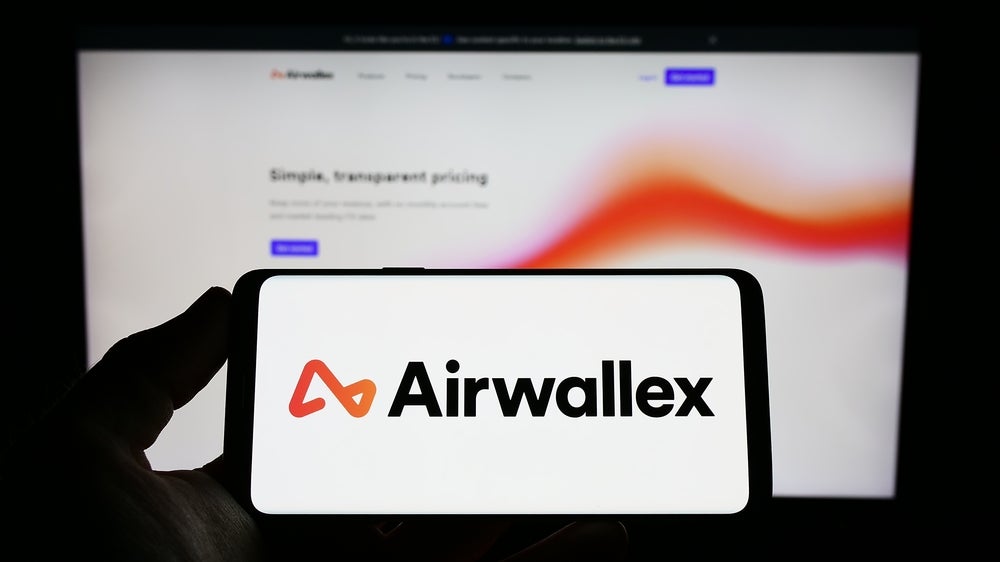
Concerns around international payments are a leading barrier stopping UK small and medium enterprises from exporting overseas, reports Currencycloud.
Specifically, it says that more than a quarter (28%) of business not already exporting overseas have plans to do so in the future. But it is the international payments challenge that is preventing them from taking the plunge.
Payment problems
Many businesses surveyed by Currencycloud find starting to trade internationally daunting. They cite everything from worries about finding overseas customers (31%) to concerns about tariffs and other charges (29%) when explaining why they hadn’t yet exported. However, over a third (34%) of businesses currently not exporting said that they choose not to do so due to worries about the complexity of making and receiving international payments. This made payments the third most commonly cited answer.
Within this group, 51% say that they are concerned about being exposed to currency fluctuations and foreign exchange risk. Additionally, 49% of businesses are concerned about payments security. 45% were worried about the speed of payments. Another 43% cited the cost of making and receiving payments as being a key barrier.
Of the 51% of SMEs surveyed who are already exporting, whilst a third (33%) still find international payments a challenge, they are less of a problem than dealing with tariffs (45%) or, customs and red tape (43%). This suggests that businesses that are not yet exporting are underestimating the very real challenges that navigating customs and tariffs can bring.
How well do you really know your competitors?
Access the most comprehensive Company Profiles on the market, powered by GlobalData. Save hours of research. Gain competitive edge.

Thank you!
Your download email will arrive shortly
Not ready to buy yet? Download a free sample
We are confident about the unique quality of our Company Profiles. However, we want you to make the most beneficial decision for your business, so we offer a free sample that you can download by submitting the below form
By GlobalDataPathway to growth
With 49% of small business not yet exporting, there’s potentially considerable revenue to be unlocked for providers who can alleviate their concerns and help them overcome perceived payments barriers.
Currencycloud suggests that high street banks may be in a prime position to do exactly this. Almost half (46%) of those SMEs already exporting surveyed use their high street bank or building society to send and receive payments. Over a third (34%) have tried to access support with exporting from their banks. This was second only to the government / Department for Business & Trade.
Currencycloud’s Head of Product, Piers Marais, said: “These figures show that international payments are a key concern for businesses looking to export overseas. However, it’s also clear that there’s growing appetite to export and that banks are in a key position to support SMEs.
“So, we need to move away from the standard ‘banks vs fintechs’ rhetoric and focus more on how the industry can collaborate. It’s also clear that if the government wants to boost Britain’s global business ambitions, it needs to take concerns around red tape, customs, and tariffs seriously”.






